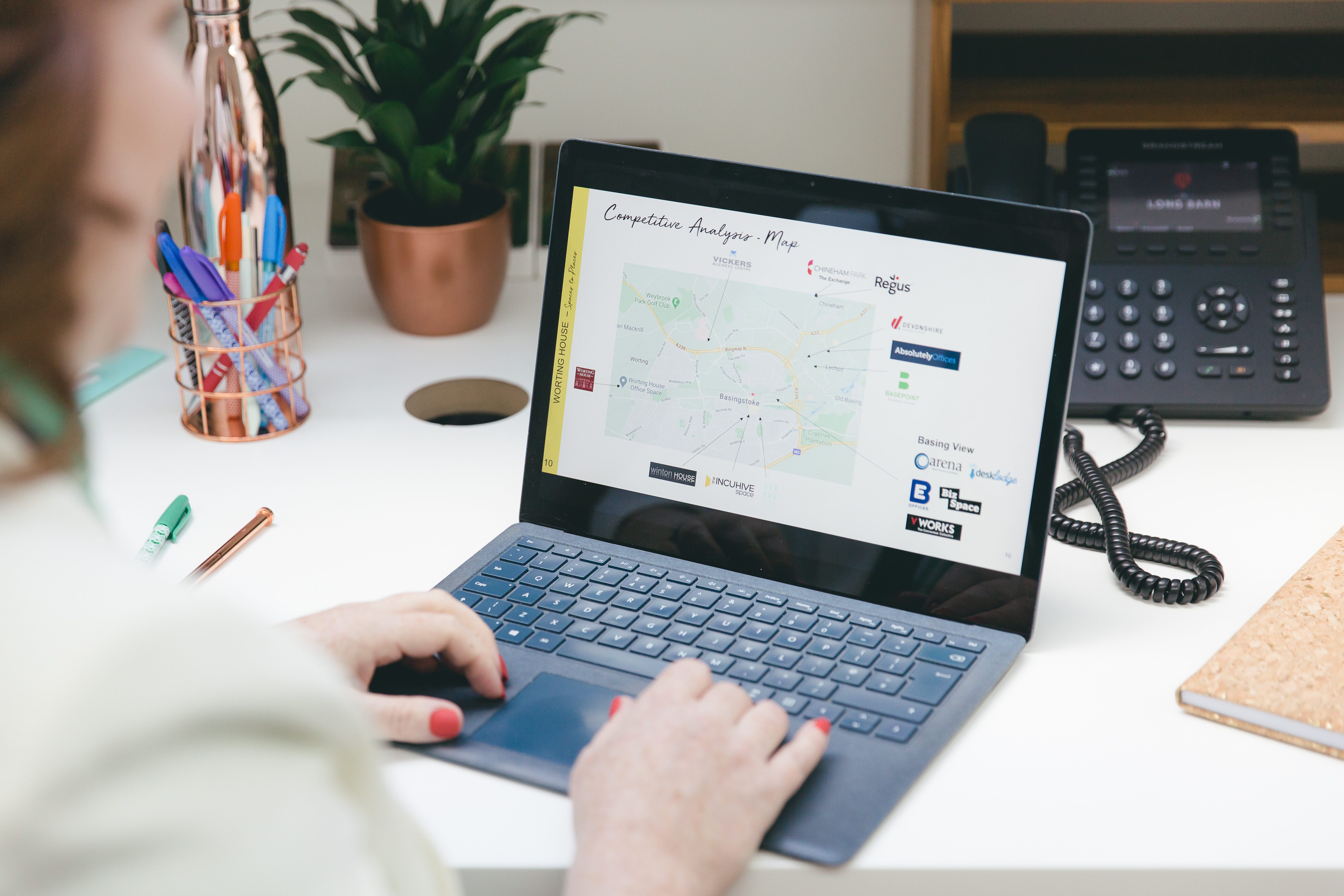Jessica Morgan, PR consultant
To secure media coverage as a flexible office operator, you need to be prepared to meet journalists in the middle. What I mean by that is, as a business, you’ll always have a different objective to that of the journalist or publication. It’s important to recognise that difference and tailor your approach.
For instance, your objective could be around driving sales – such as encouraging more local businesses into your workspace. But the journalist’s objective is to break local news first and provide the most relevant, interesting content to its users to grow audiences.
Journalists definitely don’t want to write about your sales messages (unless you’re paying for an advertorial), so you need to ensure what you’re giving them is of real interest, is current and relevant.
As some food for thought, here are seven things journalists do want to hear from you on:
Interesting, relevant news and tips
New news – such as the launch of a workspace location – could be interesting to a local publication, and particularly to those that have a business-centric audience. What will make your news stand apart is its uniqueness – what are you doing that no one else is?
For example, do you have strong links with charities or the local community? Is it a completely pet friendly space? Do you offer free lunches to everyone once a month? It’s worth interrogating this to set your news apart and help make it something that piques an editor’s interest.
Data points, new research, statistics
Data such as strong end of year results (‘X company grows by 150% in 2023’), insight from a survey you may have done that’s relevant to the readership, or a significant operational milestone can all make interesting topics. To get a good steer, it’s worth having a look at what kind of numbers are making the headlines in your target publication.
By significant milestone, I mean a round number, like a 30 year business anniversary or 10 new people joining a team. These are more meaningful and are more likely to get noticed than a ‘seven-year celebration’.
Strong opinion and different takes
There’s nothing interesting in a bland statement. Some people shy away from strong commentary or sharing alternative views, but actually, these things don’t need to be controversial and they could work for you. If you fear you don’t have a lot to say on a subject or your views will be the same as everyone else, steer clear. But if there’s something you feel strongly about, your opinion might be exactly what a journalist is looking for.
Diversity
Female voices, views from people of colour, or people who are neurodivergent are often welcomed by journalists. Publications want to represent the whole of society and are usually keen to hear from people they feel are underrepresented. Consider your spokespeople – do they represent you as a company or could there be a fresh voice it’s worth nurturing?
Profiles
Do you often flick through the local media and feel like you see the same people, time and again? It’s because these people have built up a profile and journalists can rely on them to give interesting, informed opinions. Success breeds success, so if somebody makes a good appearance in one publication, they may be invited to talk to another, or speak at an event, judge an award, appear on a podcast, and so on.
The good news is you can build up a media profile from scratch, but you probably need to do it gradually. If it’s something you’re keen to do, make it part of a concerted effort and start to contribute and interact more. You should find there’s a cross-pollination of media opportunities and activities.
Consistency and speed of response
We’re often asked why journalists don’t reply to every email or if that’s normal. The short answer is, yes, it is. The media landscape is continually changing. Publications today generally have smaller teams and fewer staff (permanent) writers. Each news reporter often has a target for how many articles they should post each day, so if they ask for something from you for a piece, try and respond quickly.
They are much more likely to come back to you time and again if you’re speedy and reachable. If in doubt, check on their deadlines and do your very best to meet them. If you know you won’t be able to, tell them quickly. Never promise something you can’t deliver. Being responsive and helpful will pay dividends.
Social media engagement
A final tip – social media is really important and works hand in hand with the press. So, make sure you engage with the social channels of publications and journalists. If you achieve a piece of coverage, share it and tag them! It will help with their objectives of getting as many eyes on the coverage as possible, and will help with yours, too. Hopefully some helpful tips there to steer you in the right direction. Just keep in mind what publications want from you during any interaction, and don’t forget to keep returning to their news to see what they’re writing about, and you won’t go far wrong.

